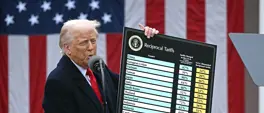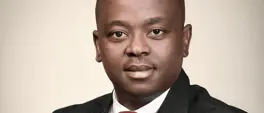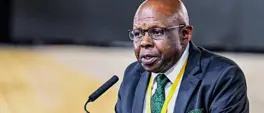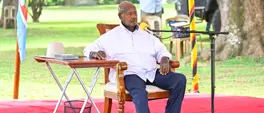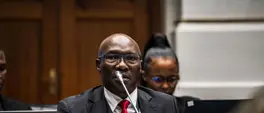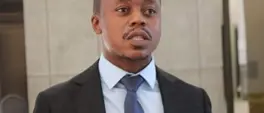Political parties exploring different scenarios as they seek power-sharing deal
Tshidi Madia
4 June 2024 | 9:25None of the political parties won the outright majority to govern, with the African National Congress (ANC) getting 40% of the national ballot.
JOHANNESBURG - Political parties are exploring several scenarios as they seek a power-sharing deal ahead of the first sitting of Parliament.
None of them won the outright majority to govern, with the African National Congress (ANC) getting 40% of the national ballot.
While some in the ANC are looking to Canada’s model of a minority government, others are pushing for a government of national unity, which emulates the 1994 administration with two deputy presidents.
The election outcome forcing political parties to discuss a power-sharing deal feels like a CODESA 2.0 moment for some.
It also comes on the back of many calls, including from former President Thabo Mbeki for the country to hold a dialogue about its future.
Analyst Tessa Dooms said it’s an indictment of having the same players who were at the 90s peace talks as part of current discussions on the way forward.
She said the issues also remain the same.
“Problems remain - inequality, racialised inequality, people who are marginalised in society fighting for a voice, people who are divided through identity politics.”
Meanwhile, another analyst, Sanusha Naidu, said negotiations back then were not truly about power sharing but appeasing the different political parties.
“This time around, you have an interesting dynamic in that you have the unfinished business of that, but the sunset clauses are kind of sunsetting – the question is what kind of power-sharing deal will you have?”
Parties have a short window to find one another in order to be able to form governments at national and in at least three other provinces.
Get the whole picture 💡
Take a look at the topic timeline for all related articles.
